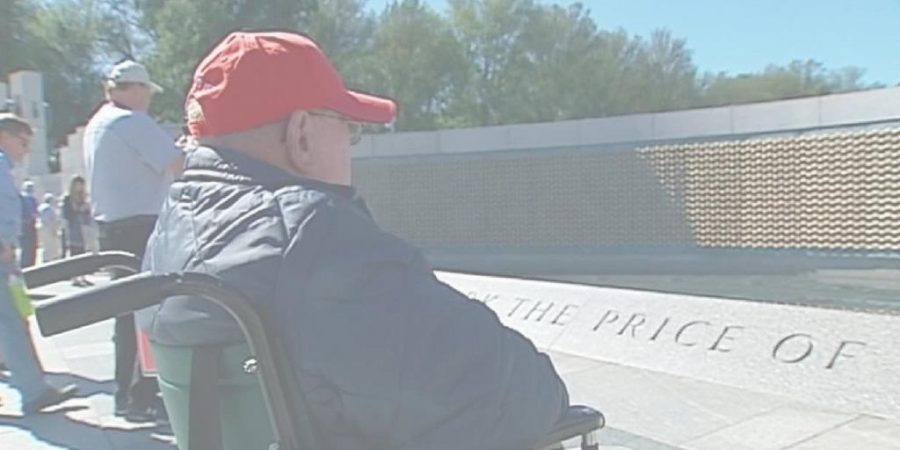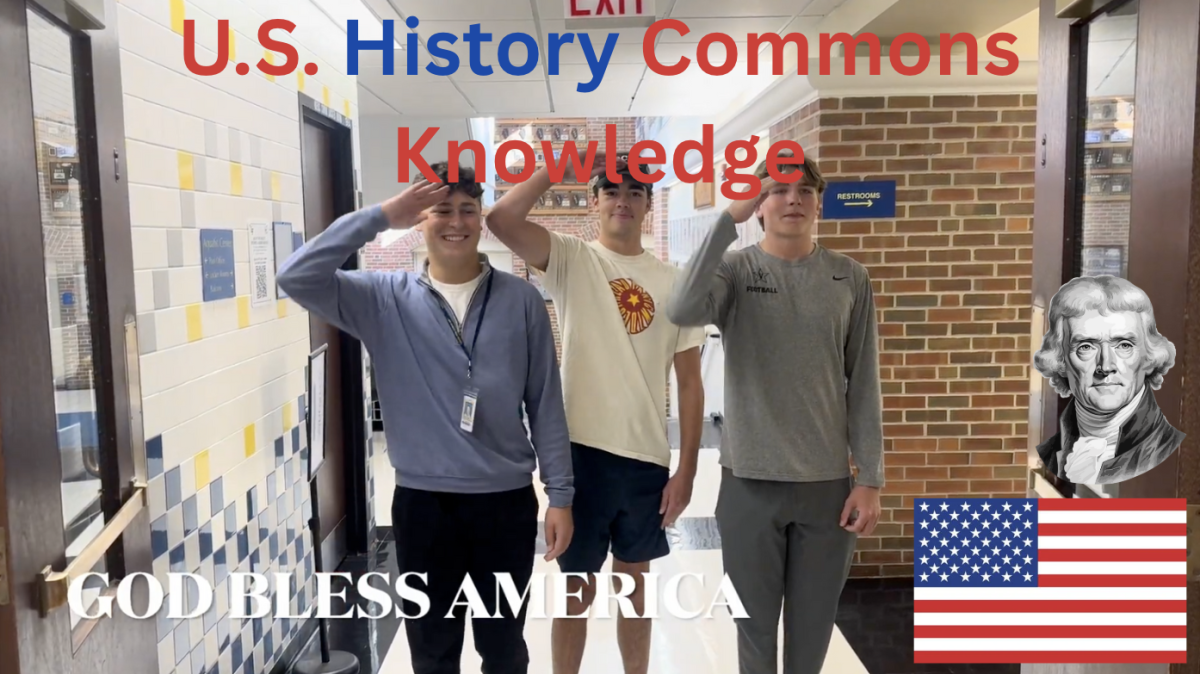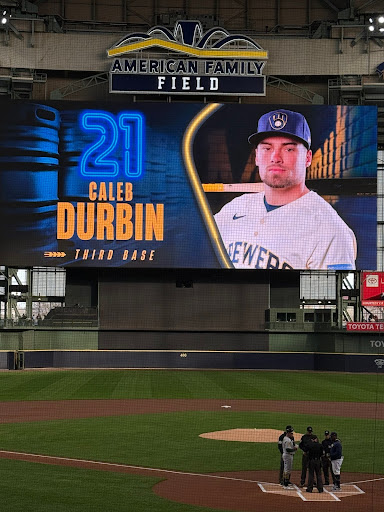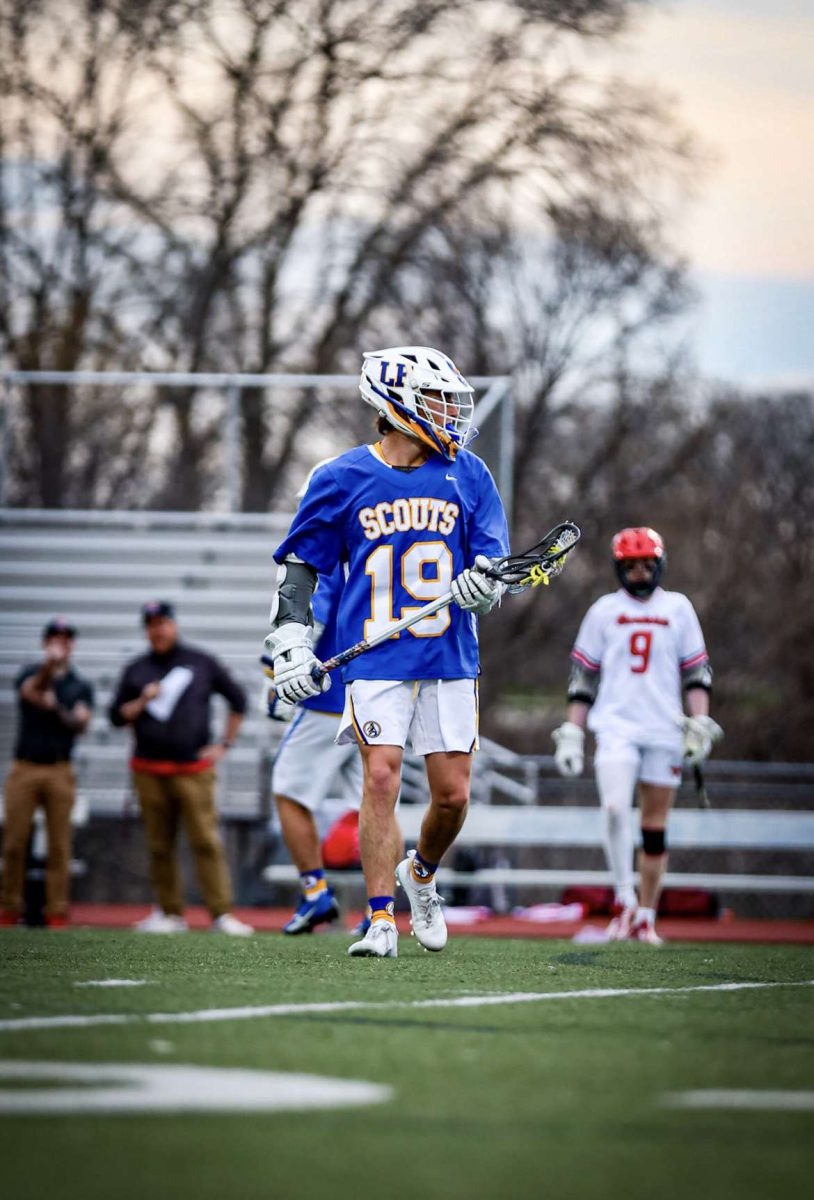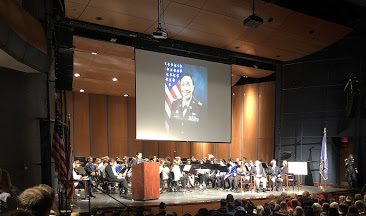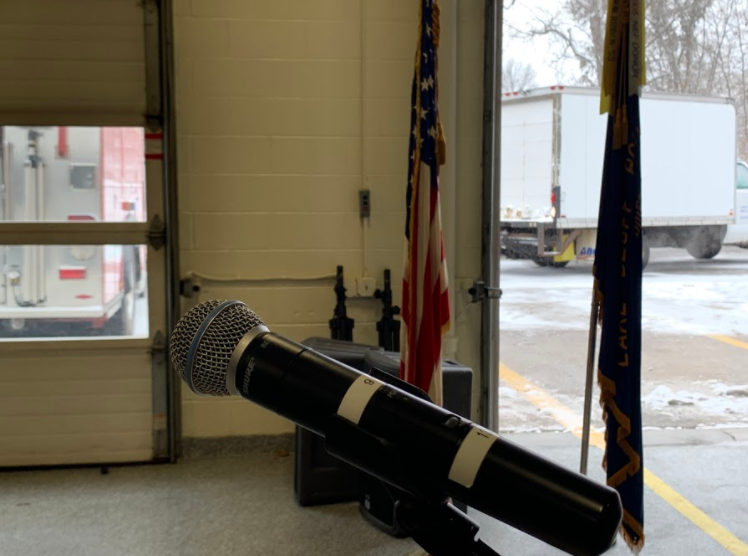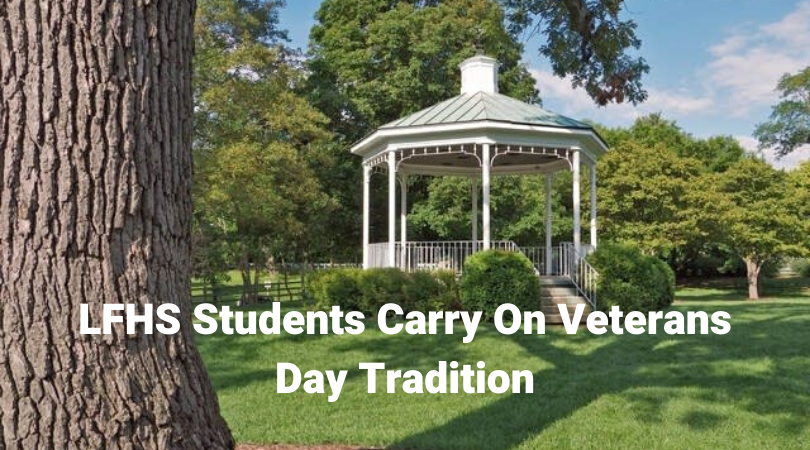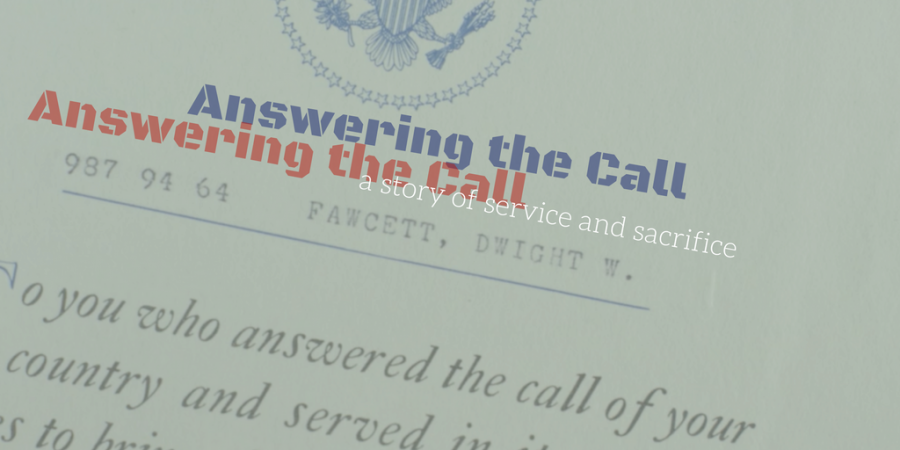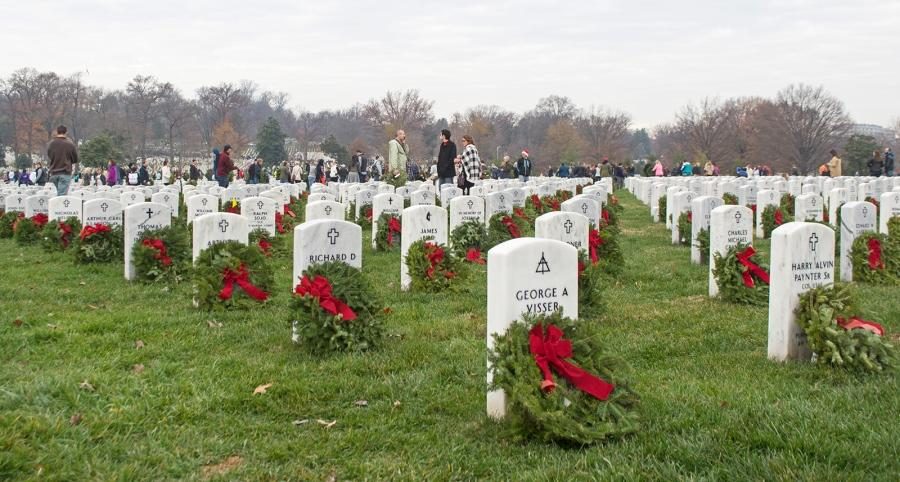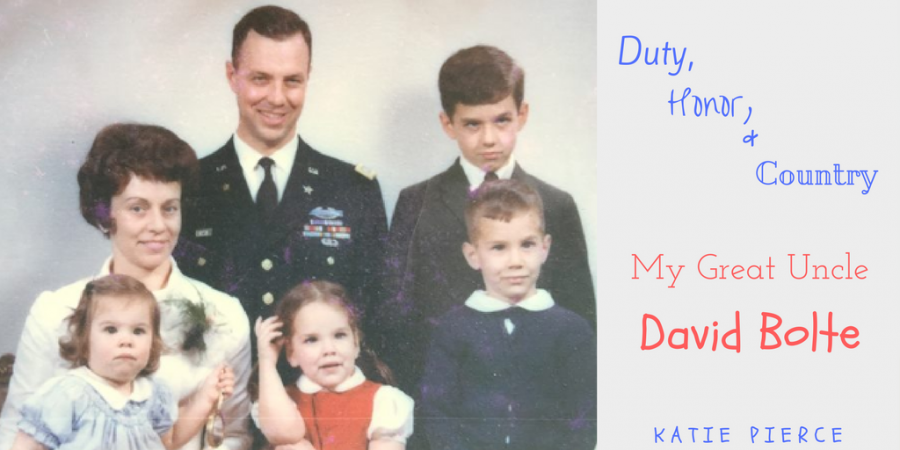In the age of multimedia sharing, we see a new post–somewhere, from someone, about something–that evokes positive sentiment about the world we live in every day.
Of all the videos we see and heartwarming stories of redemption, loyalty, overcoming struggle or genuine good faith we encounter, in whatever arena or genre, nothing cuts straighter or harder or sharper to the core of humanity than footage of an Honor Flight for American war veterans.
An Honor Flight, for those who are unaware, is a process generally conducted by a non-profit organization that is dedicated to transporting as many United States military veterans as possible to see the memorials of the respective war they fought in around the country. This story, woven in to the fabric of hundreds of thousands of American families, both at home and abroad, is one that represents those same themes mentioned prior: redemption, loyalty, the overcoming of struggle, and genuine good faith. But there’s deeper and more poignant. Something about a soldier’s calloused hands tracing the names of their fallen comrades etched in stone for the sake of remembrance. This something–unmatched by sport, or the arts, or even the allure of wondrous music–is just one airplane full of grumpy old soldiers in uniform. But it evokes lasting messages that these soldiers, often more reticent than outspoken, need us to hear.
Personally, Veterans Day, as merely a holiday, has always seemed a bit trite in its ability to properly acknowledge the audience it is intended to celebrate. Those of us who know veterans–who know them all too well, in fact–as grandparents, fathers, sons, brothers, and friends, understand that Veterans don’t necessarily desire to be stroked once a year, thanked for their service by countless strangers or even students who were forced to undertake some service project on the history of the American soldier.
They want their sacrifice to be understood.
They understand that times have changed, however spiteful they are that the core values of the mid-20th century are dying a slow, painful death. They understand that today’s kids don’t grow up with military discipline: they can’t make their bed to a T and they don’t shine their boots. They understand that there are other worthy vocations, practices like medicine, law, education, and business, that inhibit a young man or woman to favor the Army’s familial structure over Sigma Chi or Kappa Delta. The most vitally important aspect of service to understand, though, is that they now can’t envision their lives without it. Whether they were drafted, enlisted on their own, or joined because it was just the way things were back then, their lives were never ever the same. Veterans need us to understand that, and we it owe it to them.
They want their sacrifice to be appreciated.
Not with discounts at the store or even with half-priced PBR (though I feel they may appreciate that as well) at the VFW, but genuine thanks. They don’t seek the thanks that always needs to be vocalized or shared–that’s not their style–but the kind that resides deep in your soul. The kind that is hardest to wrap words around. Their purest intent is not just to be honored on November 11 or July 4 or December 7, but in the small victories we’re able to achieve each day because of our unmitigated freedom. So on December 25, when everyone’s emotions are already palpable, and they show the pathos-heavy footage of a soldier reunited with their family, you certainly can go ahead and cry then, but you owe it to them to think about them more than that. Veterans make sacrifices on days far more normal than Christmas.
As they age, veterans often remember their service in moments: a story they’ve been telling too long to ever forget the details, whether they would like to or not.
But there are plenty of other moments, ones seemingly innocuous and often long forgotten, that are evoked on an Honor Flight. When you watch all of those emotions blended together in one place–without sound, editing, or scripts–it is beautifully raw. Not because it is a common mixture of theme, like loyalty and courage. Those, of course, are the requisite faculties of a soldier. You don’t make it through more than basic training without those. But rather a more uncommon maelstrom of emotions earnestly rears its own story to the surface: one replete with love and loss, the vibrancy of youth and the vulnerability of age, the pride of an American flag flying high with pride overhead but also draped over the body of a fallen brother to honor the life they lived.
Personally, I had the great privilege of speaking at the funeral of my grandfather, David Francis Scott, Jr., a veteran of the Korean War. Though I touched on golf, his affinity for obtaining tonic water at a reasonable price, and his overall patience, I didn’t mention much about his service. In justifying my decision, I felt like I didn’t know. I know he was prideful of it, but he never spoke of it unless prompted. What is there to say? What I do know, however, is that the American flag given to my father upon his passing, folded in all of its patriotic, triangular glory sits perched up in our family summer home in Wisconsin, more proudly displayed than any other thing we own as a family.
As is the case with all great American experiences, the waiting list for Honor Flights is long and tiresome. When you consider the number of American military veterans, it makes scoring Hamilton tickets look like a Saturday trip to a matinee. People, soldiers, in fact, die waiting in line.
An honor flight helps a veteran undergo an experience that brings American war veterans full circle. It doesn’t bring them back to Korea, Vietnam, Normandy, or Okinawa, but it does get them back on the plane, back with fellow soldiers, back to the recollection of memories that shaped their life.
And that, to me, is why the Honor Flight is so important. My grandfather died waiting in line. He was scheduled for his Honor Flight in April of 2017. He died on Wednesday, December 28, 2016. Veterans like my grandfather, the more reserved, quiet-strength soldiers who don’t feel compelled to divulge all the details of their service, have no problem waiting in line.
In the true spirit of Veterans, they always are willing sacrifice their own experience for that of a fellow soldier.
I feel like that’s the way he would have liked it.

